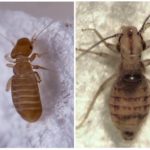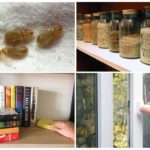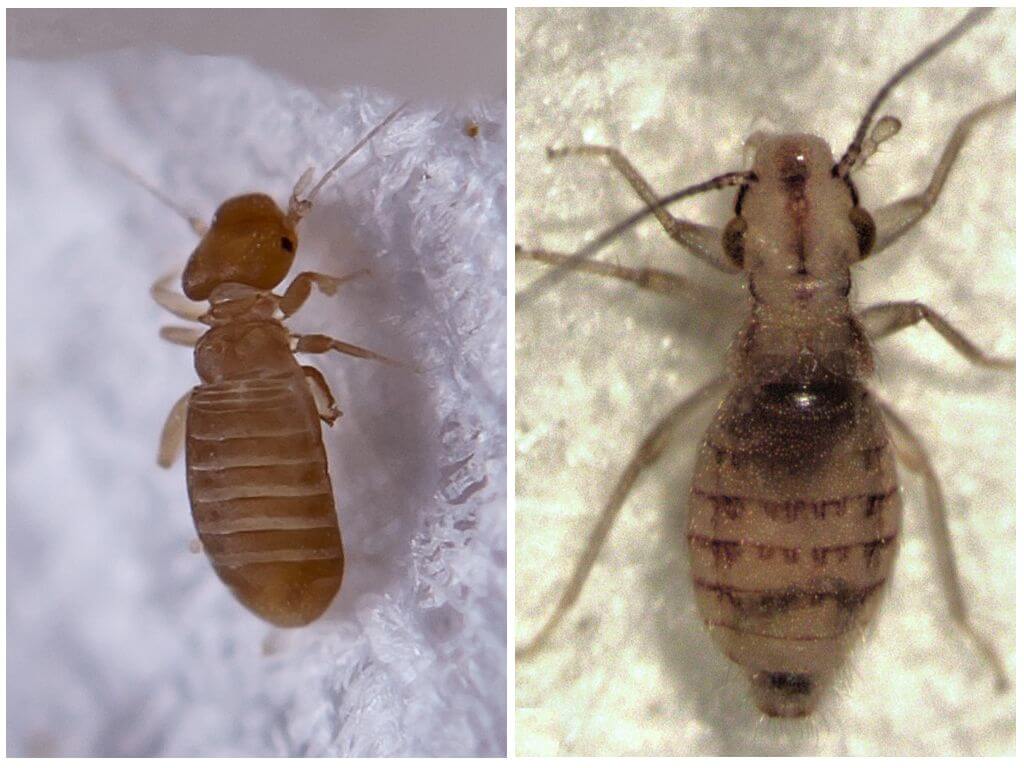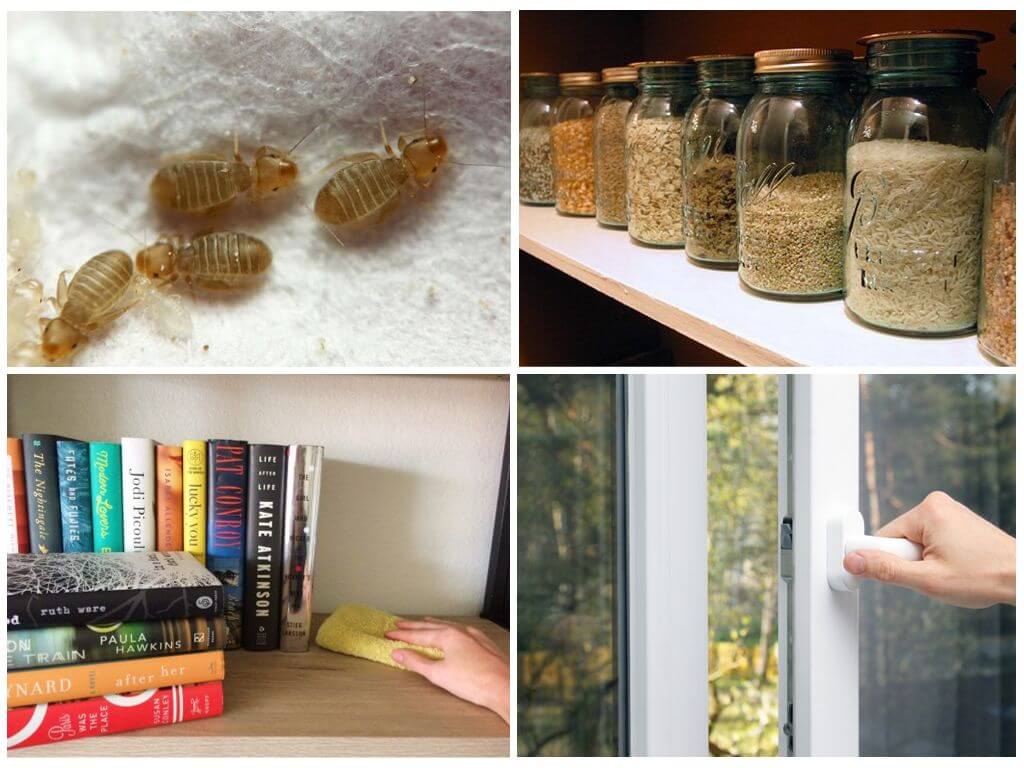How to get rid of senoedov in the apartment
- Book and dusty senoedy
- Ways to combat senoedami
Senoedy - are small insects that look like a louse, some of them have underdeveloped wings. Senoedy justify their name, preferring to eat dry plant materials. But getting into the dwelling of a person, they do not neglect many valuable objects.
Appearance, habitat
In the world there are about 1,700 species of senoedov. Their main population lives in tropical forests. They lodge on the branches of trees, in a layer of fallen leaves, in rotten stumps, bird nests — wherever there are dry remains of plants. Prefer humid climate and moderately warm temperatures.
Within our country, there are two species of these insects:
- book senoed or book louse - a small insect with a size of 1 mm, light brown or white, without wings;
- dusty senoed or dusty louse - an insect about 2 mm in size, has small rudimentary wings, the color of the body is light yellow with small red spots.
Senoedy in the photo often found on many Internet sites about pests. These insects prefer to settle in wet warehouses, cellars, archival rooms, libraries. Often are pests of cereals, especially buckwheat. They can live in pots of indoor plants and eat fallen leaves or particles of humus in the soil.
Nutrition
In the wild, seniors eating bugs prefer to settle in dark hollows, stumps, burrows of animals, where there is soft bedding in the nests and the optimum temperature and humidity are preserved. They can often be found in lichen, moss, among the moldy fungi.
When insects enter a granary or warehouse, they spoil the grain, gnawing at their core, thus making them unsuitable for further use.Getting into the apartment, book and dusty lice can ruin stocks of cereals.
Interesting!
Book and dust lice do not have well developed jaws and in order to separate the pieces of food, they use a special growth on the head as a file. During this process, a characteristic click and crunch is emitted.
Its main delicacy is dry vegetation, insects are found in dried herbs, herbaria, dried flowers. Often senoedy found in libraries and paper archives, eating bookbinding and paper dust.
Breeding
Flower pots are the main breeding ground for hay food in man. The female at a time can lay up to 100 eggs, which in 3-4 weeks will turn into larvae. During the year the insect can lay eggs 6 times. Such fertility in favorable conditions can bring the number of pests to huge colonies.
Important!
During the laying of eggs, insects cover the clutch with rectal secretions. Then the particles of these secretions can be on food, which can lead to serious poisoning and allergic reactions in humans.
If you do not start in time to fight at home with senoedami, they can inhabit every corner of the apartment and cause serious consequences.
Ways to fight
Senoyedy in the apartment - this is a serious problem, and you need to competently approach its solution. For a start, you can resort to sparing measures to eliminate them:
- regularly sorting cereals in boxes and packages, timely dispose of expired bulk products;
- wipe bookshelves and view books for pests;
- follow the soil in flower pots, remove fallen leaves and thin out the ground;
- periodically air the apartment.
Such simple methods will help prevent the appearance of book and dust lice. When they did appear, you should know how to get rid of senoedov in the apartment. If their habitat is a container with cereals, you need to throw away the contents and sort out the neighboring cereals. Treat the table drawers with a cleaning agent.
In the case of insects in the book, you should pack it in cellophane and place it in a freezer for a few minutes. If book lice appeared on many books,you need to collect all the literature in a bag and take it out in the cold in winter or in a hot ventilated place in summer. Such temperature drops will destroy pests. Book shelves should be carefully treated with chemical solutions.
To derive parasites in the scale of production, special means are used:
- generation of cold or hot fog - installation, spraying artificial fog with an admixture of toxic substances;
- steam generation - heat treatment of the premises;
- application of wet chemicals to the surface.
Such processing of industrial premises or public libraries is carried out by employees of special sanitary services. Working with toxic drugs requires special care and protection measures.









